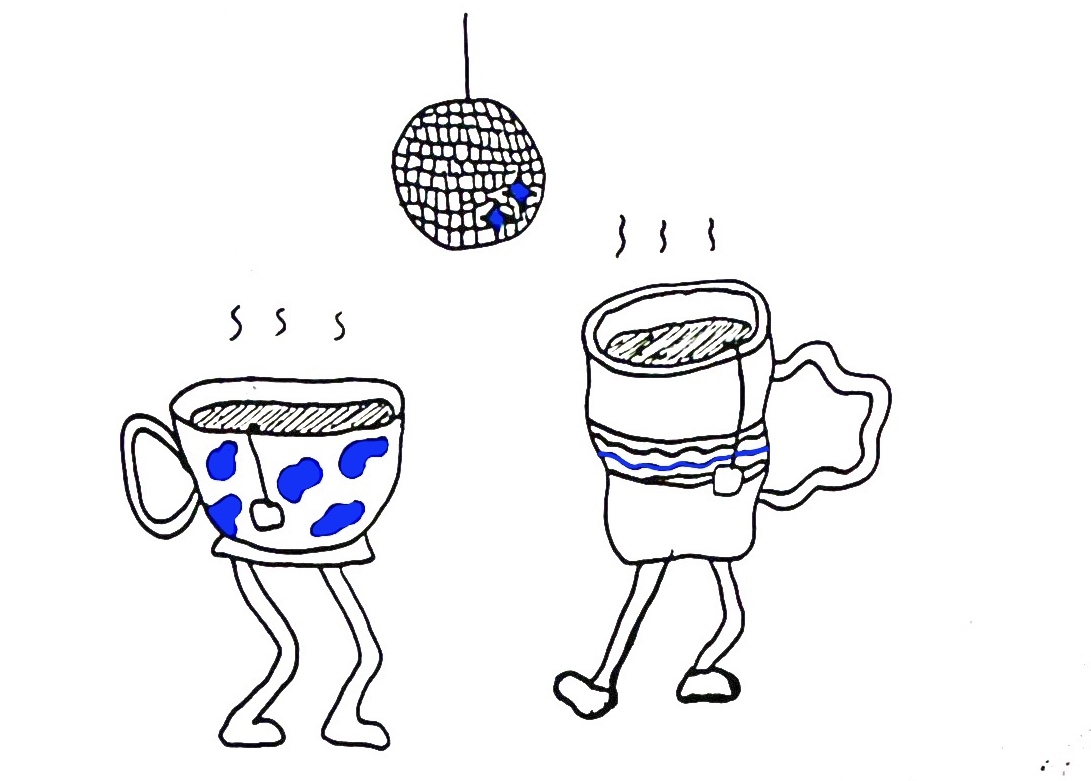The songbook didn’t start with a song.
It began with this feeling.
This feeling of the awkwardness of being the last to recognise a song, or not recognising it at all. The envy of watching someone’s eyes glow with memories I don’t have. The ache of wanting to sing along, to belong, but not knowing the lyrics — or even the tune. The nostalgia that so many wear like a favourite band tee, which I never got to wear myself.
Growing up deaf meant music wasn’t mine.
Being deaf meant music was always something that happened to hearing people. It lived in their car rides, dance parties, heartbreaks, and childhood bedrooms. I watched others dive into music like the ocean, while I stood on the shore — smiling, nodding, pretending.
I didn’t grow up with a favorite band or songs scribbled in notebooks or lyrics screamed into pillows that accompany my childhood to adolescence. I didn’t have that kind of memory.
I used to flinch when someone asked, “What’s your favourite song?” I had none: just silence, and a longing I didn’t know how to name.
That changed when I was seventeen.
I heard Just The Way You Are by Bruno Mars through my cochlear implant. Not the lyrics — those were still distant — but the melody. It wrapped itself around me like warmth. I didn’t just hear it. I felt it. It belonged to me.
That moment didn’t birth a playlist or obsession. It birthed something slower — a search for music I missed out on in my youth.
For a decade, I wandered through music aimlessly — listening to random songs on YouTube, Spotify, or playlists my sisters sent me. It felt like foreign territory, with no map or guide. I drifted in and out, never fully connecting.
What does music sound like when you cannot hear it? A stranger asked me.
For me, music lives in vibration — the low thrum of bass against my chest, the way rhythm pulses through the soles of my feet, the syncopated hum of a drumline echoing in my bones. It’s not something I listen to, exactly. It’s something I inhabit.
I never catch the lyrics. The singers’ voices blur like wind across water — fleeting, formless. But the beat? That I know intimately. I know the moment it drops and the way it climbs, like a heartbeat after a sprint. I know how a slow rhythm can mimic grief and how a sudden cymbal crash can feel like laughter.
When people talk about their favourite songs, they often speak in words — lines that saved them, refrains that remind them of someone they loved, choruses they screamed at midnight. My version of a favourite song is different. It’s the one that makes my fingers tap before my brain can follow. It’s the one that ripples across my skin like goosebumps, even if I don’t know what the singer is saying.
Because for me, music is physical.
I imagine it as braille made of soundwaves — something I read with my body. The musical language that has no translation, only sensation.
When I arrived in Japan in 2025, a wild idea struck me: what if I asked people to share their favourite songs by writing them in my notebook? So I began asking: What’s a song you love One that changed you? One you’d blast on a road trip?
Then I have them write them down. It’s a tactile archive of borrowed memories of songs.
But one page, in particular, is the heartbeat of the songbook.
It happened the night I sang karaoke in Kyoto for the first time — with my friend, who chose the song, Sweet Caroline by Neil Diamond, for me. The idea of standing in front of people and singing when I’d barely learned how to hear music felt terrifying. But she stood beside me under the soft glow of the screen, mouthing the words with me, letting me take my time.
I didn’t sing it perfectly. But that wasn’t the point. The point was — I belonged.
For once, I was in the moment. Not just the one standing and watching from the sidelines. And her song became mine.
Maybe that’s what my songbook is — a collection of borrowed nostalgia, a way to gather the songs I missed. Their handwriting becomes a tactile soundscape, their collages infusing each song with soul and personality. Tracing their words feels like reading braille: slow, reverent, and intimate — as if learning to hear through the page.
Like those big spiral conch shells you press to your ear to hear the sea — I press my songbook to my chest, and I feel their souls. Songs that live in their bodies the same way their stories live in mine.
And maybe, just maybe, music is like that.
Not always a sound to be heard, but a soul to be held.
We are just the vessels, temporary homes for songs that move through us, vibrate in us, until they fade into silence.






